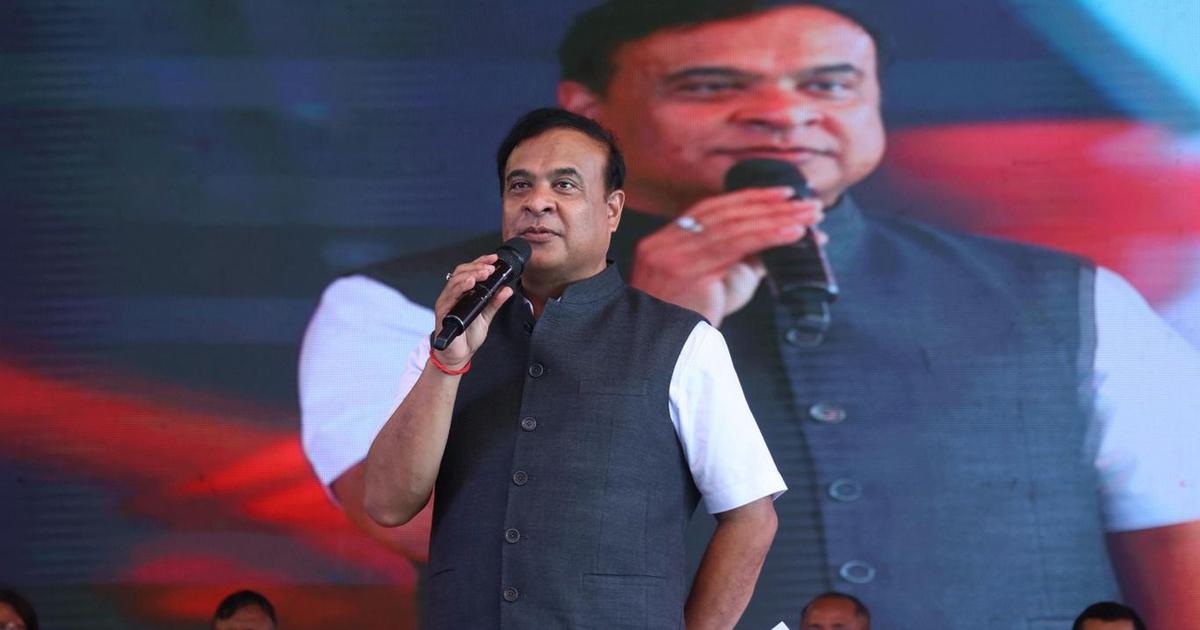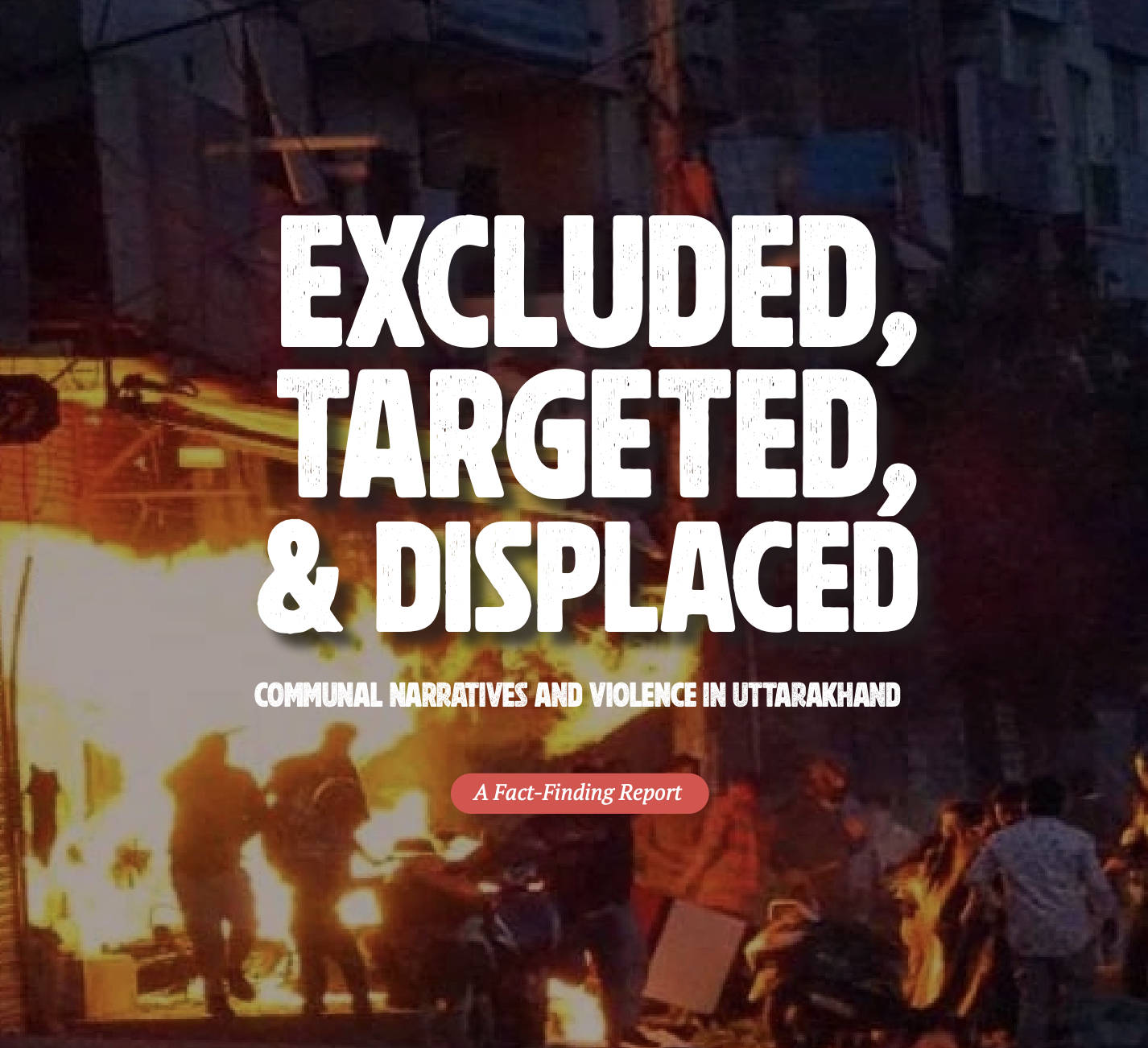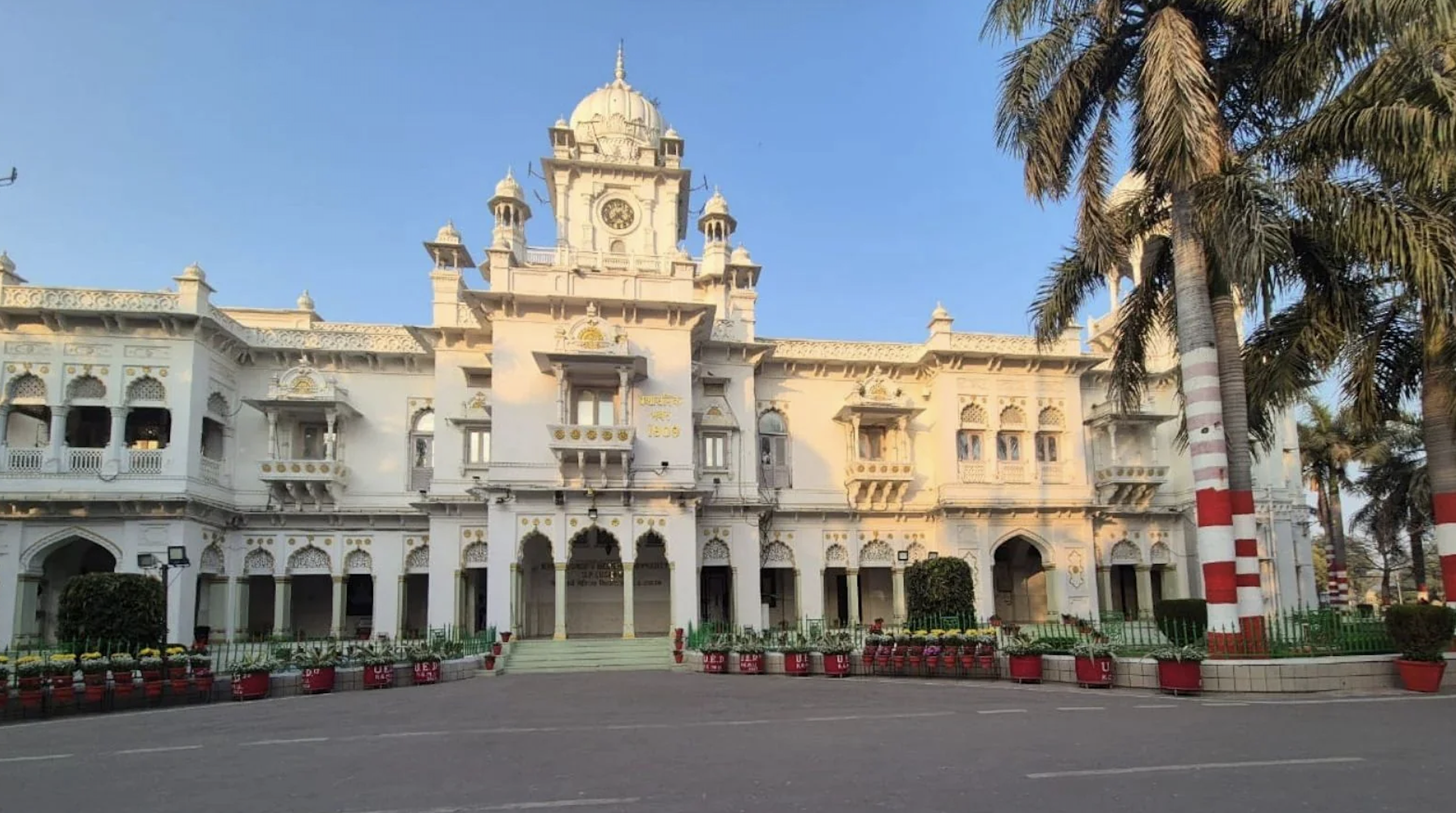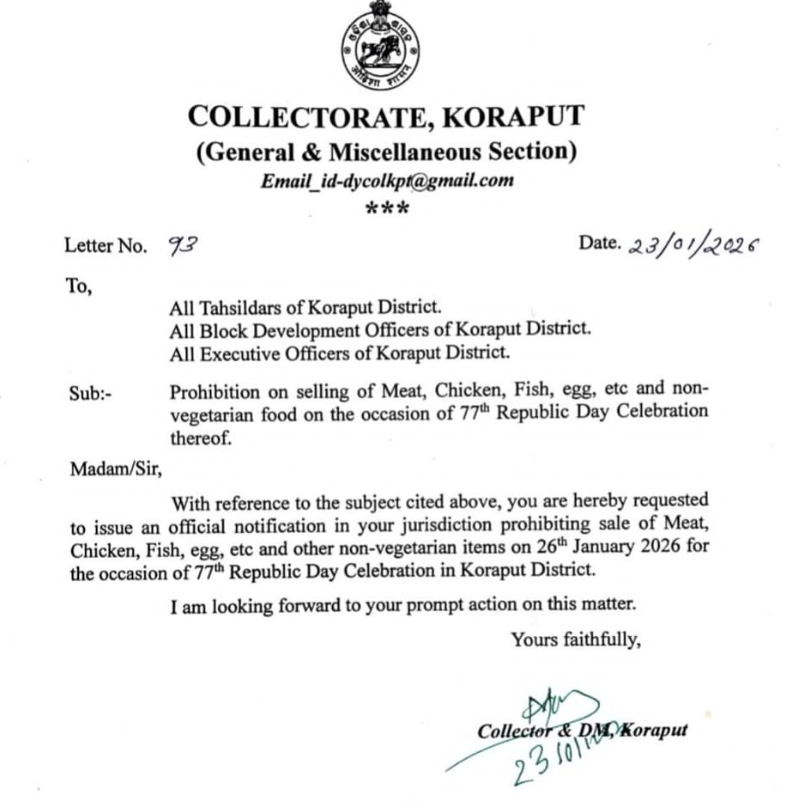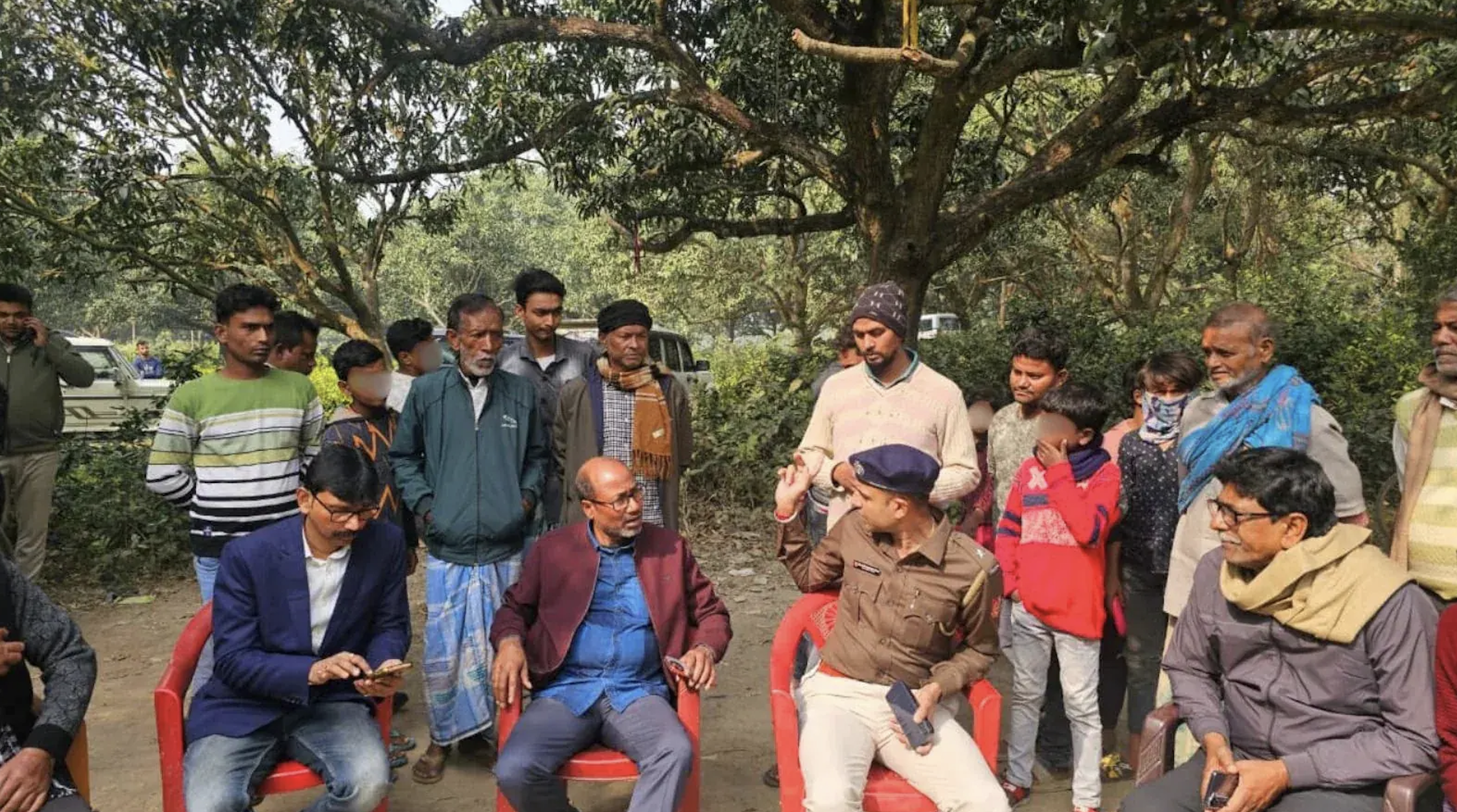
Of late, ‘Maulana’ Shahabuddin Razvi Bareilvi, who claims to be the president of the All India Muslim Jamaat, has emerged as a favourite of several mainstream media channels by dint of his consistency in making controversial statements. Keen to establish himself as a representative voice of Muslims, Shahabuddin often makes comments about the community which suit a particular political narrative. These statements are amplified on social media by news agencies, and lapped up by the TRP-hungry TV anchors. Prime-time ‘debates’ are then conducted on those bizarre and controversial topics. Once the uproar about one comment dies down, this cycle repeats itself.
Alt News ran a deep-dive investigation tracking Razvi’s comments and uncovered a pattern in how news channels used his statements to manufacture news, drive news cycles and spur communal debates. The chronology is as follows:
- Initial contact: News agencies cover Shahabuddin Razvi Bareilvi’s controversial remarks. This makes it a topic of discussion.
- Sensationalization through tweets: News agencies then tweet Bareilvi’s statement to ensure it gets circulated quickly. This leads to social media users resharing and reacting to it.
- Reaction by politicians: News agencies approach religious leaders and members of various political parties to cover their reactions to Bareilvi’s statement and further sensationalize the issue.
- Syndicated feed gets used by media outlets: The statement is then distributed to syndicated media partners, further increasing its reach across various platforms. This makes it a trending topic of discussion and guarantees wide circulation.
- Prime-time programmes/debates: The remarks become a hot topic in prime-time TV debates/programmes, where news channels invite so-called religious experts and politicians to discuss Bareilvi’s comments. This often fuels further polarization.
Once, the debates and ‘news’ cycles born out of contentious remarks by the self-proclaimed ‘Maulana’ acquire a life of their own, they shape newer narratives around the Muslim community, often presenting them in a poor light. The media, as readers can see, plays a key role in this process of creating public opinion through sensational and communally charged stories.
This story was originally published in thewire.in. Read the full story here.


